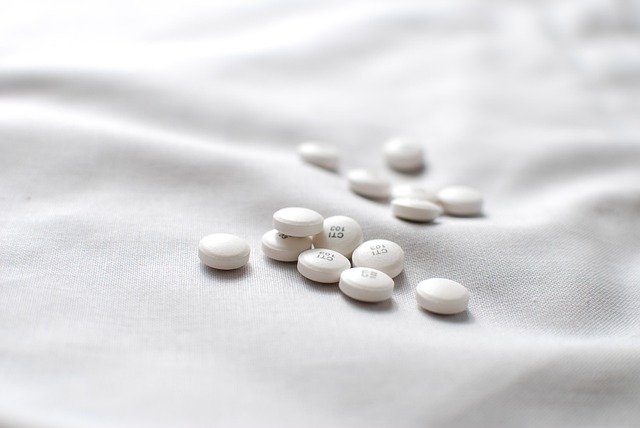Foods That Keep Your Arteries Clear and Healthy
Certain foods can help keep your arteries clear and support heart health. Options like oats, avocados, leafy greens, and olive oil may help reduce plaque buildup and improve circulation—making healthy eating a key step in protecting your cardiovascular system.

Foods to Help Keep Arteries Clear
Several nutrient-dense foods have been scientifically proven to support arterial health. Oats stand out as an excellent choice, containing soluble fiber called beta-glucan that helps remove LDL cholesterol from the bloodstream before it can contribute to plaque formation. Fatty fish like salmon, mackerel, and sardines provide omega-3 fatty acids that reduce inflammation and help prevent blood clots. Berries, particularly blueberries and strawberries, are rich in anthocyanins and antioxidants that protect arterial walls from oxidative damage.
Nuts, especially almonds and walnuts, contain healthy monounsaturated fats, vitamin E, and magnesium that support cardiovascular function. Dark leafy greens such as spinach and kale provide nitrates that help relax blood vessels and improve circulation. These foods work synergistically to create an environment in your arteries that discourages plaque accumulation.
Top Artery-Cleansing Foods for Heart Health
Avocados deserve special recognition for their exceptional heart-health benefits. They contain oleic acid, a monounsaturated fat that helps reduce inflammation and has been linked to beneficial effects on genes involved in cancer prevention. The potassium in avocados also helps regulate blood pressure, reducing strain on arterial walls.
Olive oil, particularly extra virgin varieties, contains polyphenols and healthy fats that have been extensively studied in Mediterranean populations known for their low rates of heart disease. Garlic contains allicin, a compound that may help lower blood pressure and reduce cholesterol synthesis in the liver. Green tea provides catechins, powerful antioxidants that help prevent the oxidation of LDL cholesterol, a key step in arterial plaque formation.
Legumes like beans, lentils, and chickpeas offer a combination of soluble fiber, plant protein, and potassium that work together to support healthy cholesterol levels and blood pressure. These foods are also naturally low in saturated fat, making them excellent alternatives to animal proteins.
Natural Ways to Clear Arteries Through Diet
Creating an artery-friendly eating pattern involves more than just adding specific foods—it requires a comprehensive approach to nutrition. The Mediterranean diet pattern, rich in fruits, vegetables, whole grains, and healthy fats, has shown remarkable results in clinical studies for reducing cardiovascular disease risk.
Incorporating anti-inflammatory spices like turmeric, which contains curcumin, can provide additional arterial protection. Pomegranates and pomegranate juice contain punicalagins, antioxidants that may help reduce arterial plaque and improve blood flow. Citrus fruits provide vitamin C and flavonoids that support collagen production in arterial walls and help maintain their flexibility.
Reducing processed foods, refined sugars, and excessive sodium is equally important as adding beneficial foods. These dietary changes should be gradual and sustainable, focusing on whole, minimally processed foods that naturally support cardiovascular health.
Making dietary changes to support arterial health represents a long-term investment in your cardiovascular well-being. The foods mentioned above work through various mechanisms—some reduce cholesterol absorption, others provide antioxidant protection, and many help control inflammation throughout the body. Combining these nutritional strategies with regular physical activity, stress management, and adequate sleep creates a comprehensive approach to maintaining clear, healthy arteries. While individual results may vary, consistent consumption of these heart-healthy foods as part of a balanced diet can significantly contribute to reducing your risk of arteriosclerosis and its associated complications.
This article is for informational purposes only and should not be considered medical advice. Please consult a qualified healthcare professional for personalized guidance and treatment.




